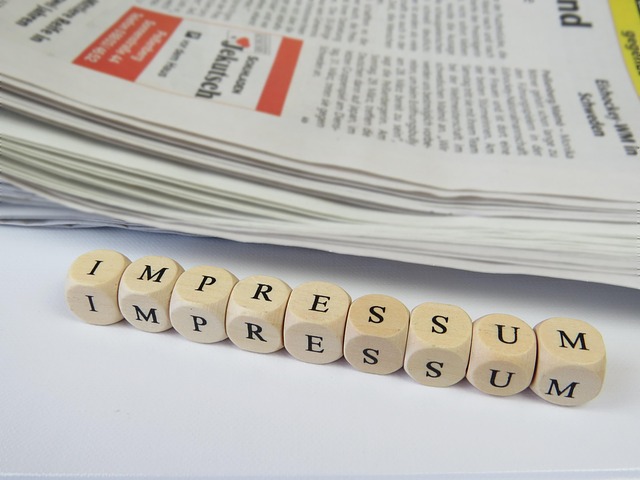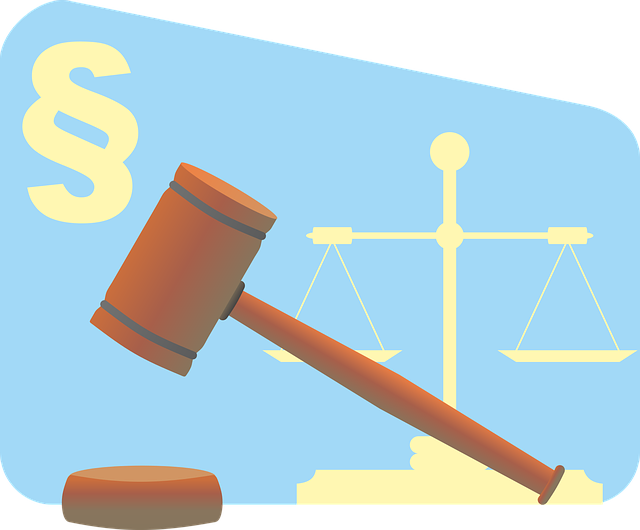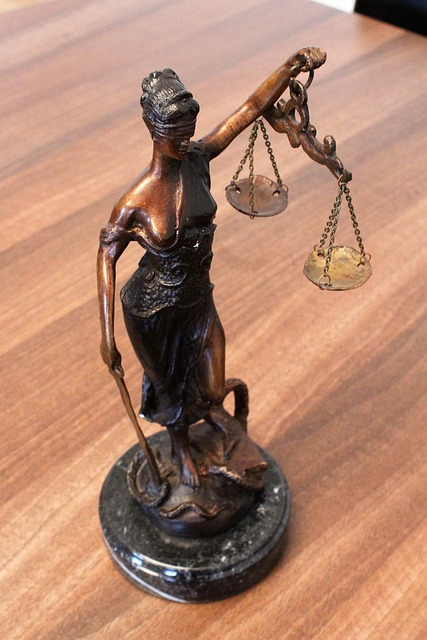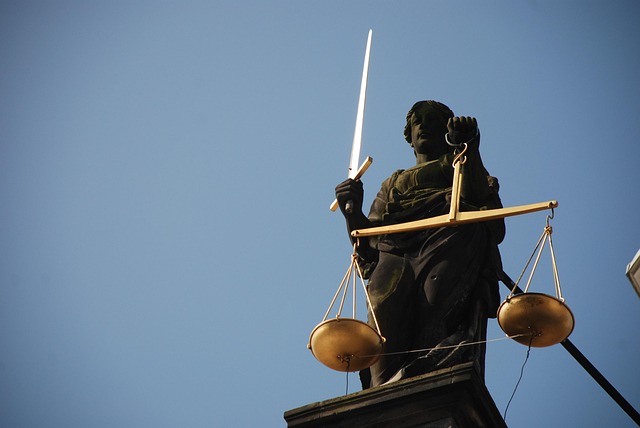Whistleblower Protection Laws safeguard individuals exposing corporate misconduct, fostering transparency and accountability. Understanding Consumer Rights in Civil Litigation is crucial for whistleblowers' legal protections, including access to jury trials and monetary rewards, enabling them to hold businesses accountable. Successful litigation compensates whistleblowers, deters future misconduct, and fortifies the integrity of the legal system.
Whistleblower protection lawsuits are a critical aspect of upholding justice and safeguarding public interest. In an era where corporate misconduct can have far-reaching consequences, these legal mechanisms empower individuals to come forward without fear of retaliation. This article delves into the intricacies of whistleblower protection laws, focusing on consumer rights and the civil litigation process. Understanding consumer rights in civil litigation is essential for empowering individuals to hold corporations accountable, ensuring a fair and transparent marketplace.
- What Are Whistleblower Protection Laws?
- Consumer Rights: Key Protections & Benefits
- Navigating Civil Litigation for Whistleblowers
What Are Whistleblower Protection Laws?

Whistleblower Protection Laws are designed to safeguard individuals who expose illegal or unethical activities within their organizations from potential retaliation. These laws play a crucial role in fostering transparency and accountability, especially in cases where corporate misconduct threatens public interest. By providing legal recourse for whistleblowers, these protections ensure that citizens can come forward without fear of job loss, harassment, or other adverse actions.
Understanding consumer rights in civil litigation is essential when considering whistleblower protection lawsuits. These laws offer a robust framework for both general criminal defense and the unique needs of corporate and individual clients involved in investigative and enforcement processes. At every stage, from reporting misconduct to testifying in court, whistleblowers are entitled to legal safeguards that protect their rights and encourage them to play an active role in upholding justice.
Consumer Rights: Key Protections & Benefits

Understanding Consumer Rights in Civil Litigation plays a pivotal role in safeguarding individuals who speak up against unfair practices. In the context of whistleblower protection lawsuits, consumers benefit from key protections designed to incentivize and safeguard those who expose corporate misconduct. These rights ensure that whistleblowers can pursue justice without fear of retaliation, fostering an environment where truth and transparency prevail.
One of the primary benefits is the ability to access jury trials, offering a fair and impartial decision-making process. This ensures that consumers have a robust mechanism to hold respective businesses accountable for their actions. Moreover, successful whistleblower cases often come with significant monetary rewards, compensating individuals for their courage and efforts in exposing wrongdoings. An unprecedented track record of such lawsuits has demonstrated the power of consumer advocacy, reshaping corporate behavior and promoting ethical business practices.
Navigating Civil Litigation for Whistleblowers

Navigating Civil Litigation for Whistleblowers involves a complex interplay of understanding consumer rights and legal strategies unique to this domain. When individuals expose corporate wrongdoings or unethical practices, they often face significant personal risks. Therefore, it’s crucial for whistleblowers to be aware of their civil rights and the legal protections available under whistleblower protection laws. These laws vary by jurisdiction but generally aim to safeguard individuals from retaliation when they come forward with information exposing fraud, corruption, or public health and safety violations.
In civil litigation, whistleblowers may face lawsuits from the entities they expose, often centered around claims of defamation, breach of contract, or invasion of privacy. A strong legal defense requires a deep understanding of both the specific allegations and the broader context of consumer rights. By presenting a compelling narrative that balances their disclosures against the public interest, whistleblowers can build a case that justifies their actions. Ultimately, successful civil litigation not only compensates whistleblowers for their troubles but also reinforces the integrity of the legal system and serves as a deterrent to future misconduct within filantropic and political communities.
Whistleblower protection laws play a vital role in ensuring individuals can come forward without fear of retaliation, fostering a culture of transparency and accountability. By understanding consumer rights within civil litigation, whistleblowers can navigate complex legal landscapes effectively. These protections empower citizens to expose illegal activities, ultimately enhancing the integrity of our systems and safeguarding consumer interests.






